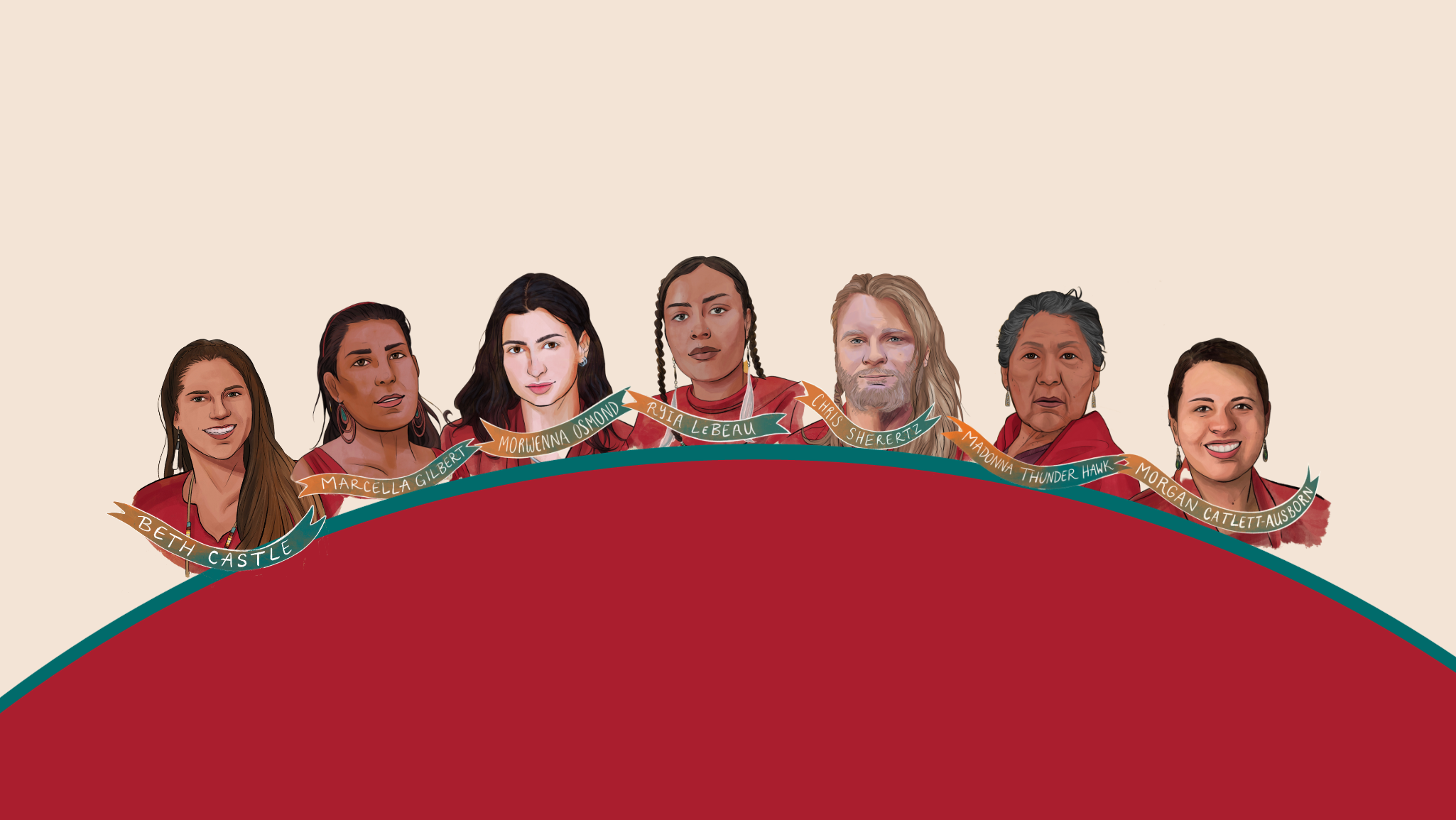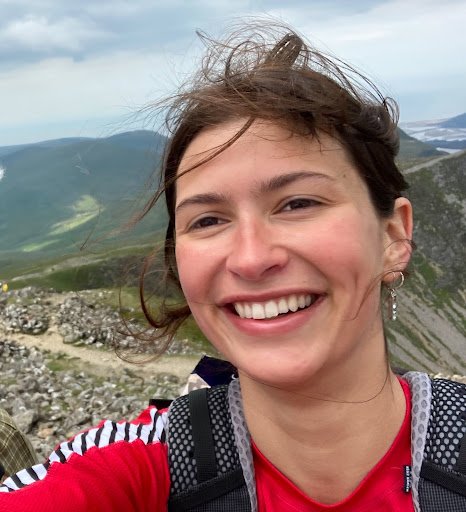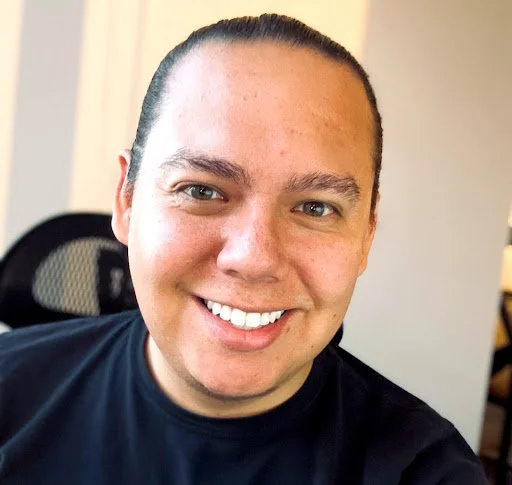Elizabeth A. Castle, Ph.D.
Director | Warrior Women Project
I work at the intersection of media, scholarship, and activism as an anti-racist educator committed to liberating and sharing unknown histories of resistance. I started the Warrior Women Project (WWP) Archive to preserve the oral histories of Indigenous activists and disrupt the dominant historical narrative through my book Women were the Backbone, Men were the Jawbone: Native Women’s Activism in the Red Power Movement. In 2001 I served as a delegate for the Indigenous World Association at the United Nations World Conference Against Racism in Durban, South Africa.
I co-directed the Peabody Award Nominated film, Warrior Women (2018) that premiered on PBS in 2019. I continue the collective work of the WWP through developing popular education, activist archiving, and community media work.I have Shawnee heritage, but am not enrolled in a federally recognized tribal nation. I have committed 25 years of work and accountability to Indigenous community empowerment.
Morwenna Osmond
Researcher / Writer | Warrior Women Project
I was born and raised in Wales, with Welsh, the oldest living language in Europe, as my first language. My parents, John and Ceri, have been life-long activists in the struggles for Welsh self-determination and Welsh language resurgence. Through their stories, I saw the connections between land, language, culture and history. I joined the Warrior Women Project in 2020, while I was an undergraduate History student, to learn more about Indian struggles for sovereignty.
I moved to the U.S. in 2021 to continue learning. Since then, I have worked as part of WWP’s team to help process the oral history archive, and share stories of Indigenous resistance. This work has changed the way I see and understand the world, and my place in it. I believe that the stories told by the Warrior Women Project can help ground us in a space and worldview from which it’s possible to dismantle capitalism and colonialism, and build a new world based on old teachings. I am currently studying for a master’s degree in Historical Studies at the New School for Social Research.
Ryia L LeBeau
Researcher / Social Media / Oral History Interviewer |
Warrior Women Project
I am Oohe Nunpa and Diné, belong to the Two Kettle Band at Cheyenne River, and grew up on the vast, open lands of the Oceti Sakowin. I am a graduate of Cheyenne-Eagle Butte HS and currently a student at Haskell Indian Nations University. My maternal grandparents are Cynthia Cleveland (Asdzaan Diné) and Richard LeBeau (Oohe Nunpa). My great-grandparents are Marcella Ryan LeBeau (Oohe Nunpa) and Gib LeBeau. Great-great grandmother is Florence Four Bear whose mother was Louise Bear Face (Hunkpapa). My great lala Gib’s parents are Eudora Traversie and Antoine LeBeau. Relatives of Justin Pourier (Porcupine) and family of White Butte.
I am currently aiding efforts to return Wounded Knee 1890s items from Glasgow Museums in Scotland. I joined the Warrior Women Project in 2021 as a Media and Oral History apprentice, and have been working on sharing stories of Indigenous matriarchy through our social media channels.
Chris Sherertz
Media Manager / Content Creator | Warrior Women Project
I met Madonna Thunder Hawk, Phyllis Young, Russell Means and others in 2008 filming a message to the incoming Obama administration for Lakota People’s Law Project. In 2013, I filmed 40+ hours of family testimony at the Great Plains ICWA Summit which helped to solidify new ICWA enforcement guidelines put in place in 2015.
In 2016, I spent time at Oceti Sakowin camp with Madonna and Phyllis documenting direct actions, camp interviews and treaty meetings. Much of my media work since has been focused on the Dakota Access Pipeline and related water issues, including ‘Cut to the Chase’ with Chase Iron Eyes and the ongoing ‘Dakota Water Wars’ series being released by the Standing Rock Sioux Tribe.
I am currently building and running the media database for the Warrior Women Project as we prepare for the release of our public-facing archive this year.
Wyatt Pickner
Team Manager / Administrative Assistant | Warrior Women Project
I am Hunkpati Dakota from Crow Creek, South Dakota. My parents are Randy Pickner (Hunkpati Dakota) and Lisa Stars (Sicangu Lakota). For over 12 years I have been working with tribes, tribal organizations, and Native-serving organizations at local, regional, and national levels on research projects, capacity building, training, and community engagement. I was first introduced to the Warrior Women Project team while going to school at the University of South Dakota where I received bachelors degrees in Native Studies and Health Sciences. I also attended the University of Washington for a Masters of Public Health. I currently live and work in Minneapolis, MN. Over the years I have provided support to the Warrior Women Project through community engagement events, consulting and team capacity building.





